UK Supermarkets rationing fruit and vegetables
Supermarket giants in the UK are now only allowing three tomatoes and other salad ingredients per customer, and where there is availability, you'll have to pay a premium, especially, for out of season fresh produce.
2022 was the second hottest year ever on record in Europe, heat waves and extreme temperatures in Spain, one of Europe's biggest food producers, have meant fewer crops to harvest.
The same problem has also affected countries such as Morocco in North Africa.
But the UK has its own well established food industry, one important component of which is greenhouses, many hectares of which now lay bare.
There is a problem of course with the high price of gas that is used to heat up these greenhouses. They do require quite a lot of gas input, and that's quite expensive.
Another problem is that the supermarkets are also being very tough on pricing, so it's not easy to then raise your prices and get what you want from the supermarkets.
And so rather than produce anything at a loss some producers have obviously decided not to produce at all.
Keith Pilbeam, Economics Professor
And the UK faces another particular issue. Most of its fruit and vegetables come from the European Union. The country's exit from the bloc has meant extra costs and bureaucracy added to the strain especially on the supply of perishable goods.
Brexit has caused a shortage of labor. And a shortage of labor means a shortage of fruit and vegetables, at the end of the day, More bureaucracy and Milberg see means more costs and more costs, meaning less profit, and therefore lower UK production. It's as simple as that.
More bureaucracy and more bureaucracy means more costs, and more costs mean less profit, and therefore lower UK production. It's as simple as that.
Keith Pilbeam, Economics Professor
The solution, food producing organizations say, is for the government to provide more support such as replacing high carbon fertilizers with low carbon alternatives or investing more in soil free indoor growing techniques such as vertical farming.
US Department of Justice releases millions of Epstein files, then pulls pages citing ‘rape’ by Trump
VIDEO | 44th Fajr Theater Festival underway in Tehran
VIDEO | Press TV's news headlines
VIDEO | Oil workers' march in support of reform of Venezuela's main oil law
VIDEO | Malaysians hold rally in front of Iranian embassy to condemn US, Israel threats
Israel to partially reopen Rafah border crossing after long closure
FM says Iran open to talks ensuring its legitimate rights and based on mutual respect
Rights groups in Australia call on authorities to arrest Israeli president


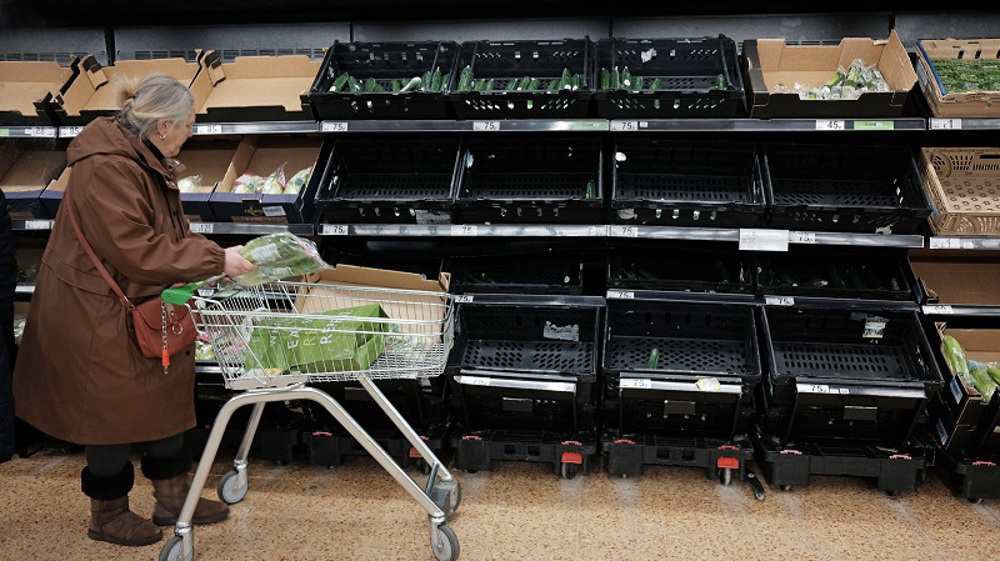
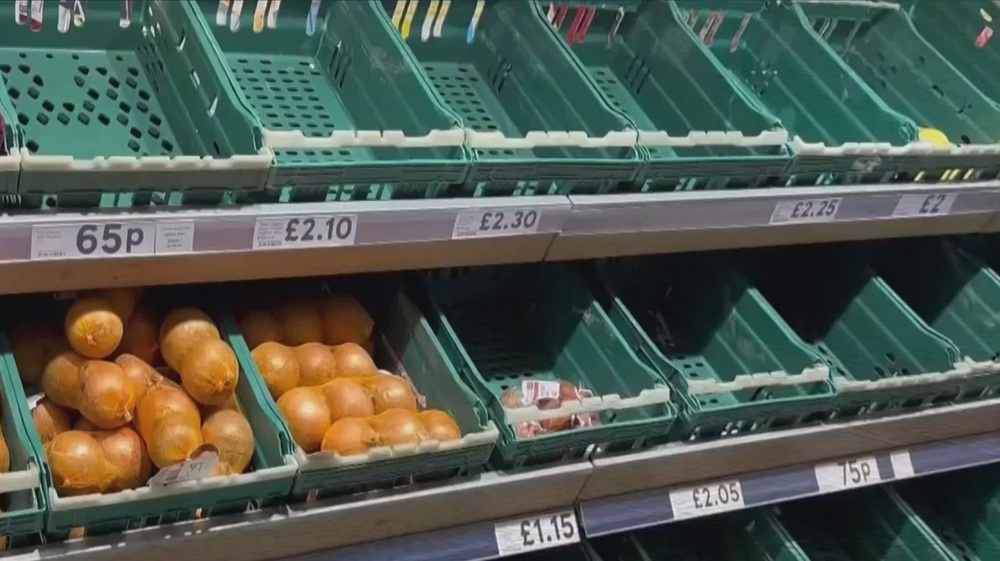
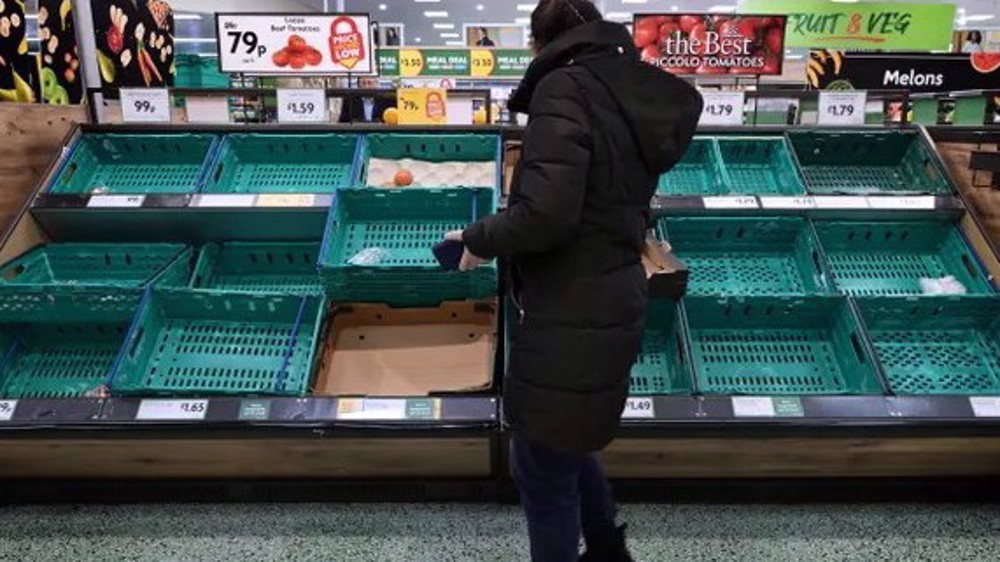
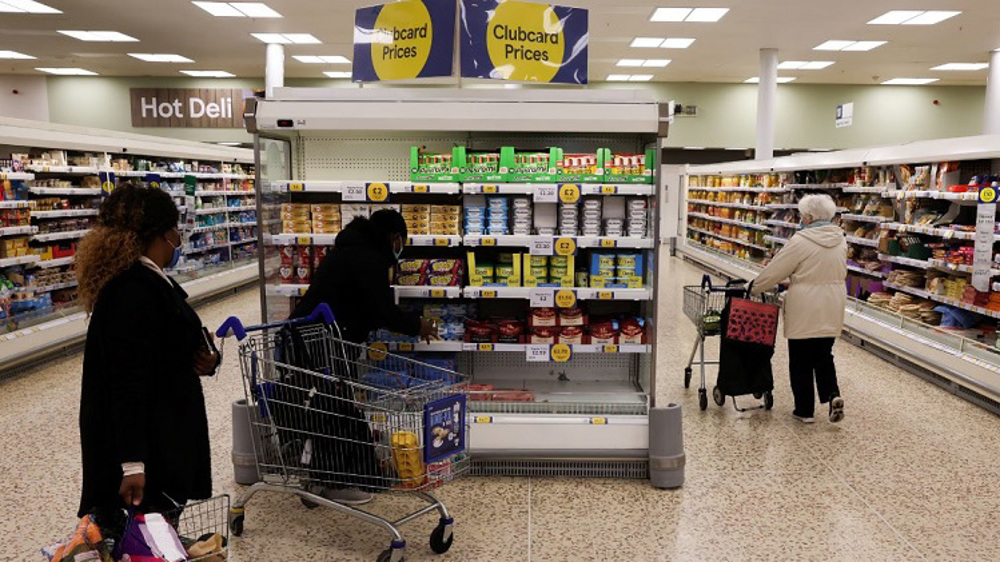
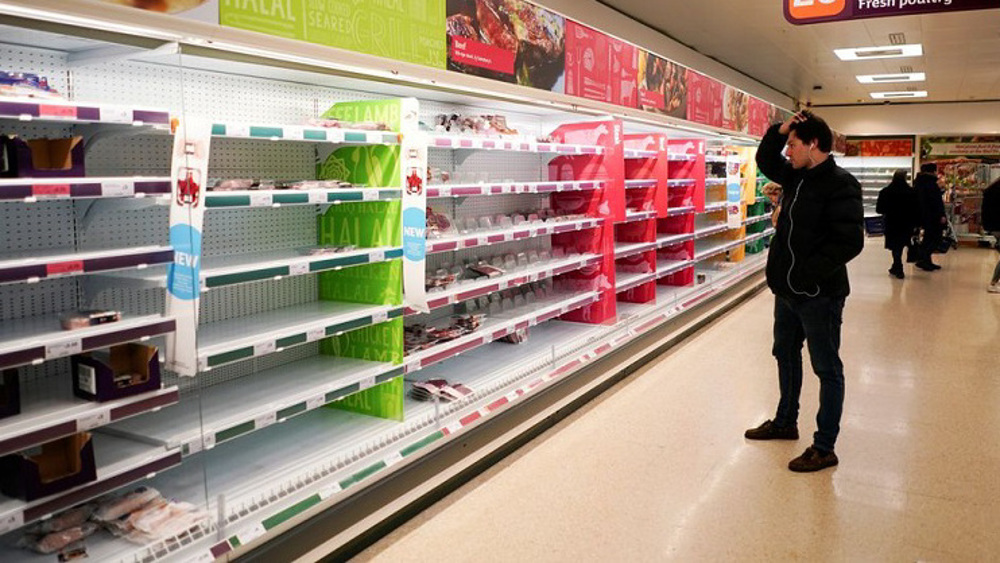







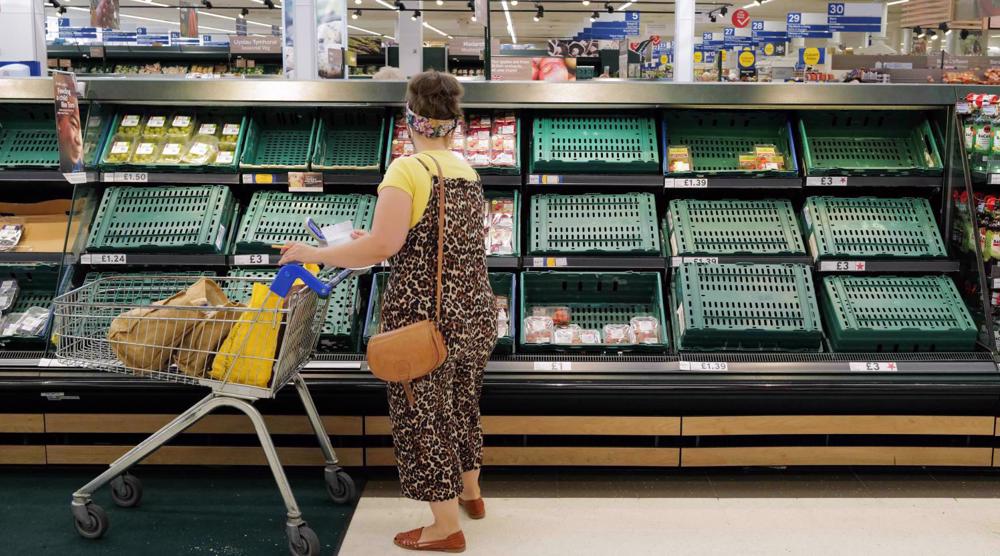
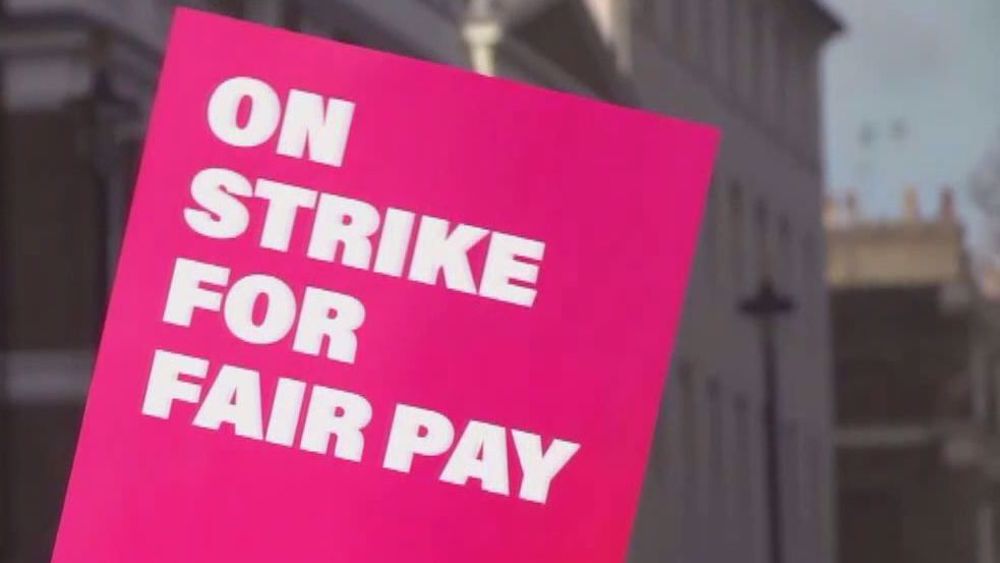
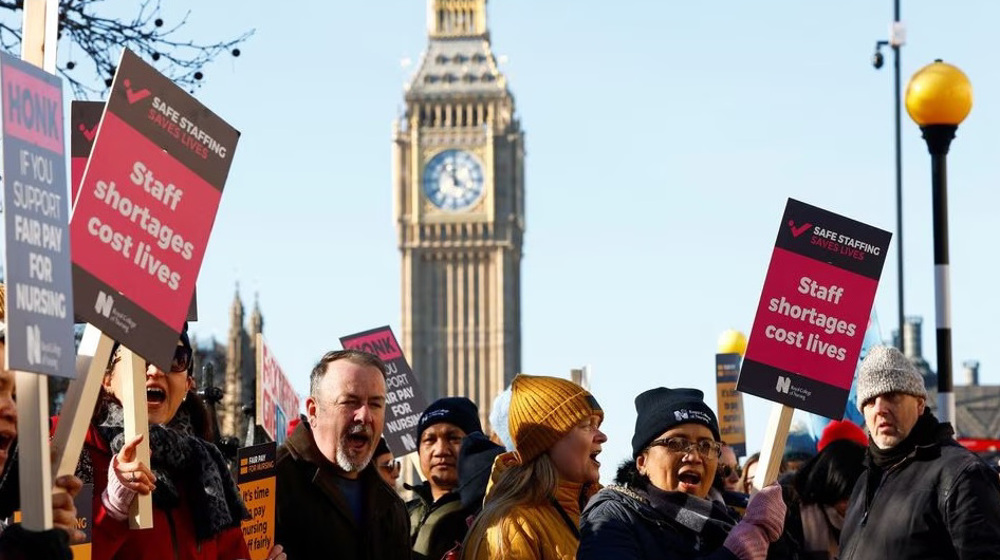

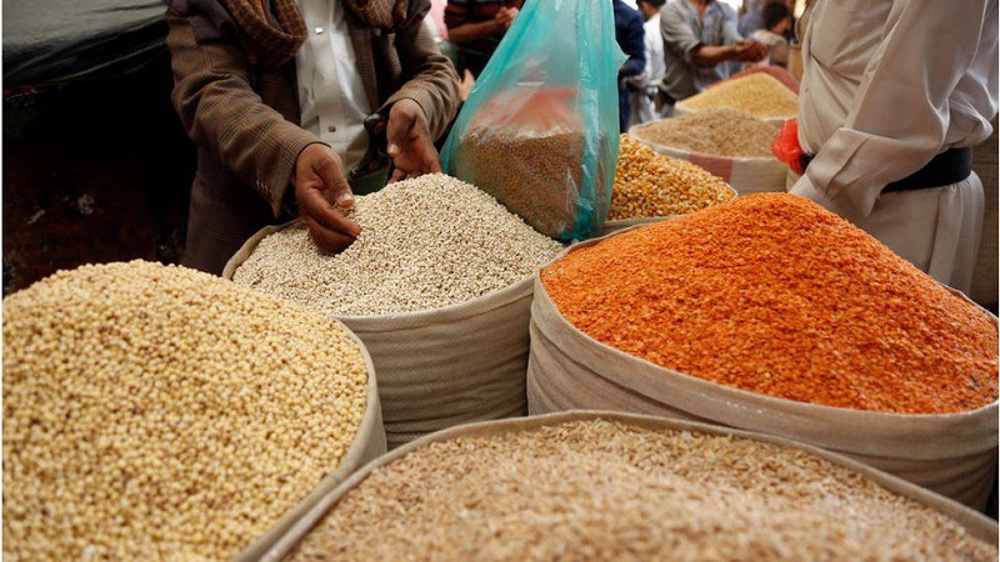
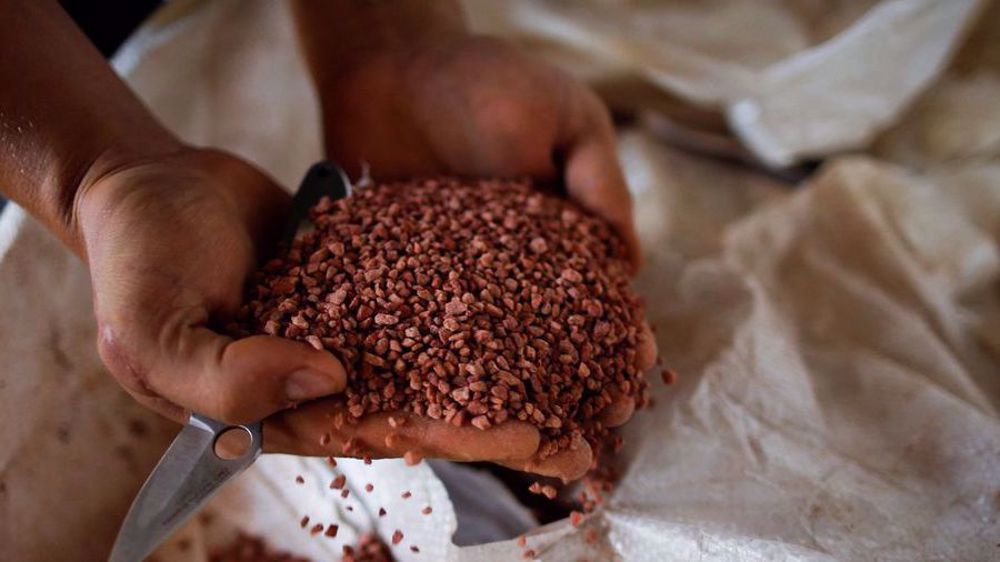
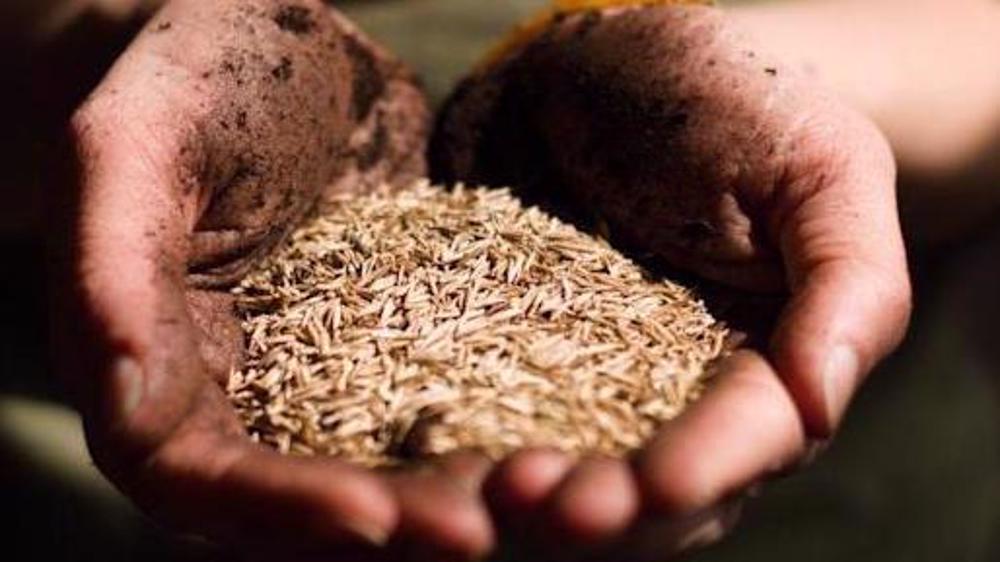

 This makes it easy to access the Press TV website
This makes it easy to access the Press TV website